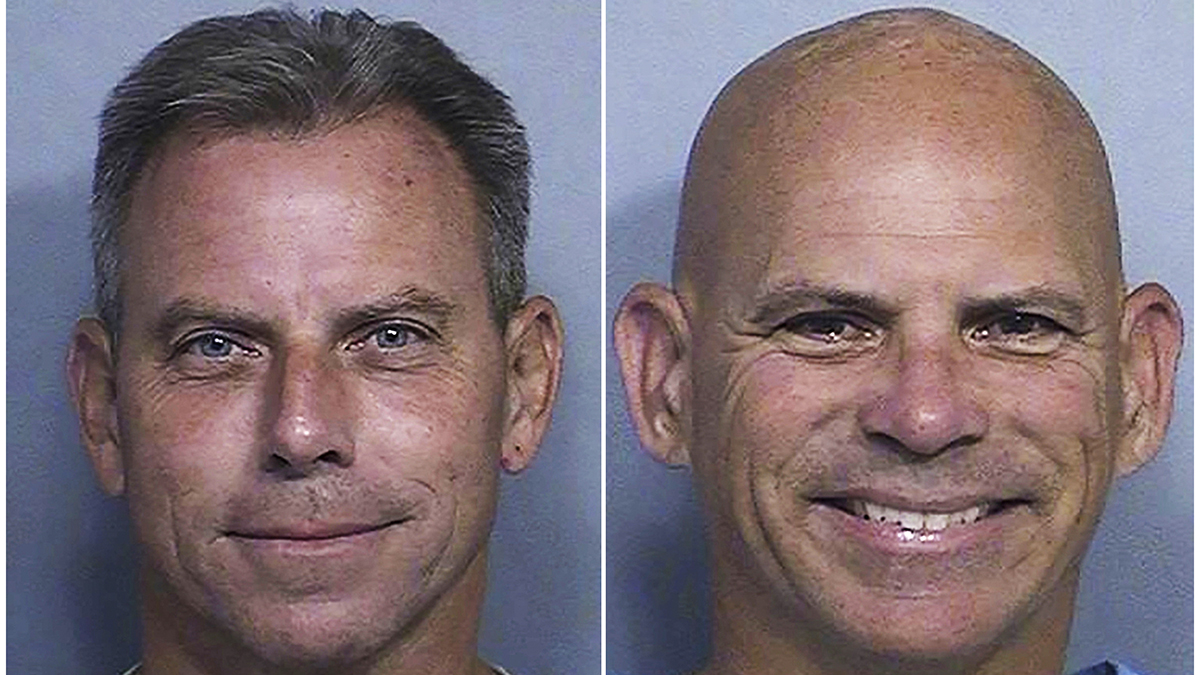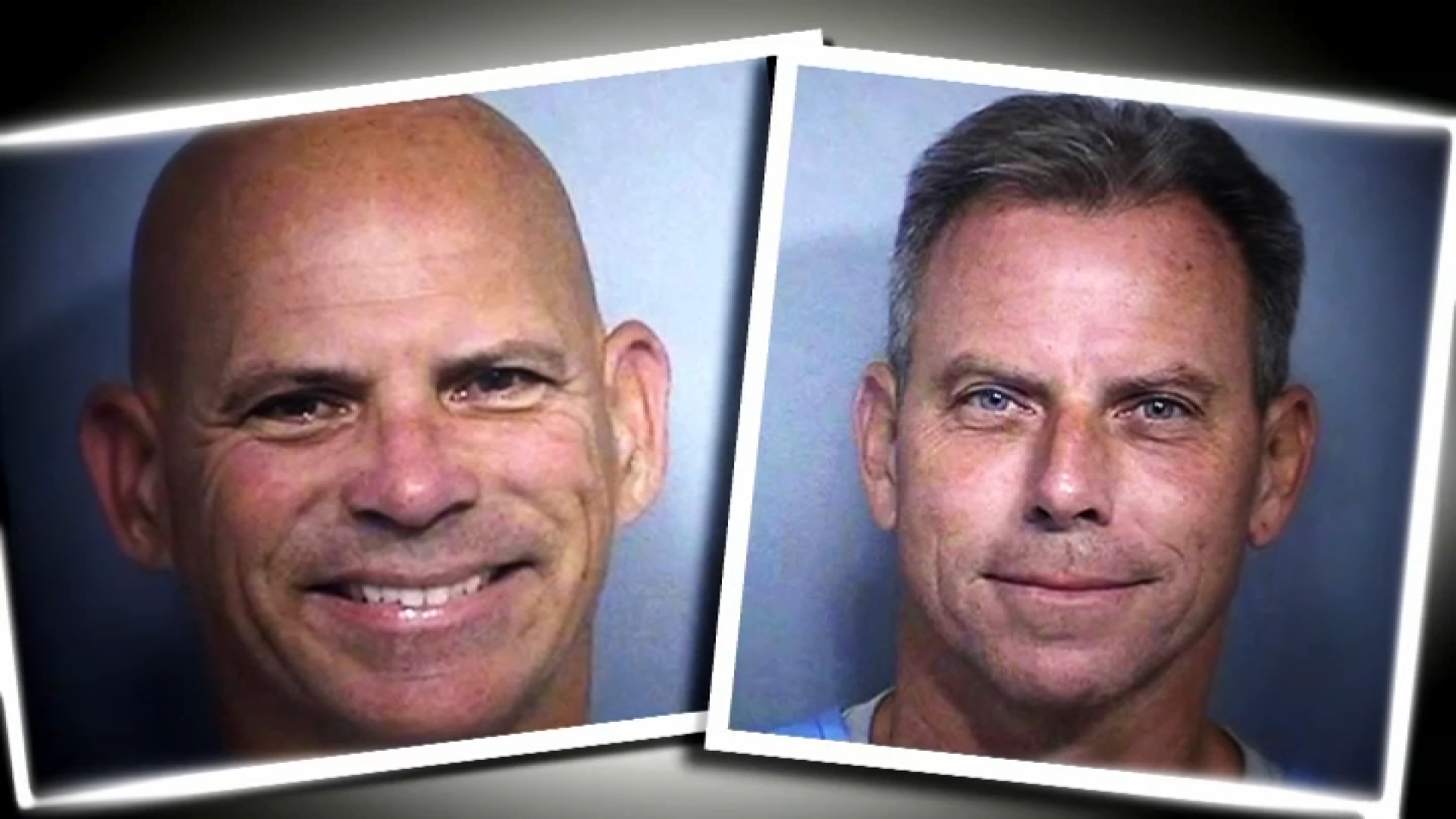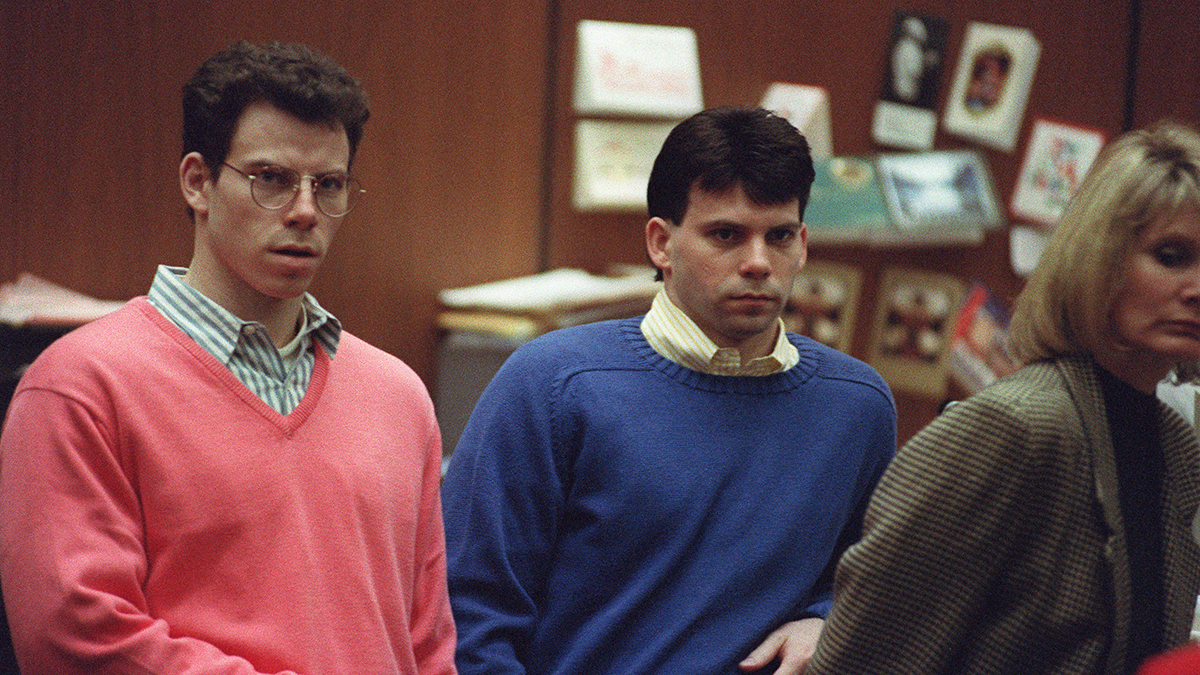Menendez Brothers Resentencing: Will They Be Freed?
Menendez Brothers: Will They Walk Free? Resentencing Hearing Explained
A New Chapter for the Menendez Brothers?
The Menendez brothers, Lyle and Erik, are back in the news, and this time it's not about the infamous 1989 murders of their parents. After spending over three decades behind bars, a resentencing hearing could potentially alter their fate. But what exactly does this mean? What are the arguments being presented, and what are the chances they could be released? Let's dive into the details of this highly publicized case.
The Resentencing Hearing: What's at Stake?
Hearings regarding a resentencing motion for Lyle and Erik Menendez are scheduled for Tuesday and Wednesday in Los Angeles. These aren't just routine hearings; they represent a pivotal moment that could dramatically reshape the brothers' lives.
Why Now? The Legal Landscape
The question on everyone's mind is, why is this happening now? The legal landscape has shifted since their original sentencing. Changes in laws and legal interpretations can open doors for resentencing, even in cases as high-profile as this one. It's like a legal loophole, and the Menendez brothers are hoping to squeeze through.
The Defense: Arguing for Rehabilitation
Attorneys for the Menendez brothers will argue that they have been rehabilitated after serving more than 30 years of their life sentences. This is a crucial aspect of their defense. Are they the same individuals who committed those horrific acts back in 1989? That's what the court will be trying to determine.
Witness Testimony: A Symphony of Support?
Defense attorney Mark Geragos plans to call several witnesses to testify in support of the brothers' resentencing. These witnesses could include fellow inmates, therapists, and potentially even members of the brothers' support network. Their testimony will be vital in painting a picture of rehabilitation. Imagine a courtroom filled with voices echoing the sentiment: "They've changed."
The Prosecution: Fighting Against Resentencing
The Los Angeles County District Attorney's Office will present the case against resentencing. Their primary argument will likely be that the Menendez brothers have not taken full responsibility for their crimes. This is a common tactic in these types of hearings. It's a battle of narratives: rehabilitation versus continued denial.
Taking Responsibility: The Achilles' Heel?
Have the Menendez brothers truly acknowledged the gravity of their actions? Have they shown genuine remorse? This is the question the prosecution will hammer home. It's like a tightrope walk – one wrong step, and the case could crumble. Lack of full responsibility can be a major hurdle in achieving resentencing.
The Legal Process: A Step-by-Step Guide
What happens if the court recommends resentencing? What's the next step in this complex legal dance?
Recommendation to the State
If the court recommends resentencing, the state... well, the available information is limited, but we can infer that the recommendation goes to a higher authority within the California legal system. This could involve a review by a panel of judges or a decision by the governor. The court's recommendation is not a guarantee of release, but it is a significant step forward.
The Crimes: A Recap of the Horrific Events
To fully understand the gravity of this resentencing hearing, it's important to revisit the details of the crimes themselves.
The Murders: A Night of Tragedy
In August 1989, Lyle and Erik Menendez brutally murdered their parents, Jose and Kitty Menendez, in their Beverly Hills mansion. The crime shocked the nation and sparked a media frenzy that continues to this day.
The Motive: Unraveling the "Why"
The motive for the murders has always been a subject of intense debate. The brothers initially claimed self-defense, alleging years of physical and sexual abuse. However, the prosecution argued that the murders were motivated by greed and the desire to inherit their parents' wealth. The true motive remains a point of contention.
Public Opinion: Divided Perspectives
The Menendez brothers case has always been a polarizing one. Public opinion is sharply divided, with some believing they deserve a second chance and others arguing that they should remain in prison for life.
Sympathy vs. Justice: A Moral Dilemma
Do the brothers deserve sympathy after spending so long in prison? Does their age and alleged history of abuse warrant a lighter sentence? Or should justice be served, regardless of the circumstances? These are the difficult questions that weigh heavily on the public consciousness.
The Geragos Factor: A High-Profile Attorney
The involvement of Mark Geragos, a well-known and highly respected defense attorney, adds another layer of complexity to the case. Geragos has a reputation for taking on challenging cases and fighting fiercely for his clients. His presence undoubtedly strengthens the Menendez brothers' legal team. He's the legal equivalent of a seasoned general leading the charge.
Life in Prison: Three Decades Behind Bars
What has life been like for Lyle and Erik Menendez during their three decades in prison? How has their time in confinement shaped them as individuals?
Adapting to Confinement: A Psychological Toll
Spending over 30 years in prison takes a significant psychological toll. The brothers have had to adapt to a harsh and unforgiving environment, navigating the complex social dynamics of prison life. It's a world most of us can't even imagine. Have they truly been rehabilitated? That's the million-dollar question.
The Media Circus: A Case That Never Fades
The Menendez brothers case continues to fascinate the media and the public. It's a story that has all the elements of a true crime drama: wealth, betrayal, and violence. The media attention surrounding the resentencing hearing is a testament to the case's enduring appeal.
Looking Ahead: What's Next for the Menendez Brothers?
Regardless of the outcome of the resentencing hearing, the Menendez brothers will continue to be a subject of public fascination. Their story serves as a cautionary tale about the consequences of violence and the complexities of the human condition. The future remains uncertain, but the resentencing hearing offers a glimmer of hope for a different outcome.
Conclusion: Weighing the Scales of Justice
The Menendez brothers' resentencing hearing is a critical juncture in a case that has captivated the nation for decades. The arguments for rehabilitation versus the prosecution's stance on responsibility will be fiercely debated. Whether they remain incarcerated or are granted a chance at freedom, their story underscores the lasting impact of their crime and the enduring questions it raises about justice, forgiveness, and the possibility of change. This is a story that continues to unfold, leaving us to ponder the intricacies of the human experience and the ever-elusive pursuit of justice.
Frequently Asked Questions
- What is a resentencing hearing?
A resentencing hearing is a legal proceeding where a judge re-examines the sentence previously given to a convicted individual, potentially reducing or modifying it based on new evidence, changes in the law, or arguments of rehabilitation.
- What are the chances the Menendez brothers will be released?
The chances of the Menendez brothers being released are uncertain. It depends heavily on the evidence presented, the judge's assessment of their rehabilitation, and the prosecution's arguments against resentencing. A recommendation for resentencing is not a guarantee of release.
- What role does public opinion play in the resentencing hearing?
While public opinion can influence the overall atmosphere surrounding the case, it does not directly dictate the legal outcome. The judge must base the decision on the evidence and legal arguments presented in court.
- If resentenced, what alternatives to prison could the brothers face?
If resentenced, the brothers could potentially face alternatives to continued imprisonment, such as parole, probation, or a reduced sentence with a fixed release date. The specific alternatives would depend on the judge's decision and applicable laws.
- Where can I find updates about the Menendez brothers' resentencing hearing?
You can find updates about the Menendez brothers' resentencing hearing from reputable news sources, legal websites, and social media accounts that provide real-time coverage of court proceedings. Be sure to verify the credibility of the sources before trusting the information.


